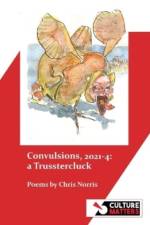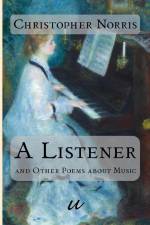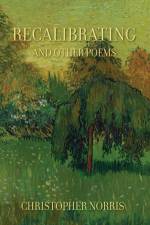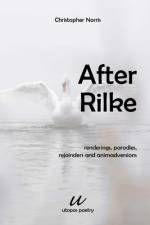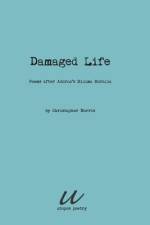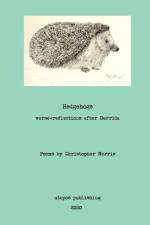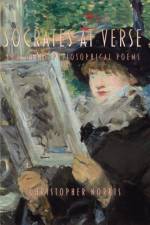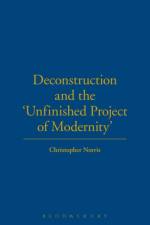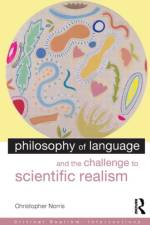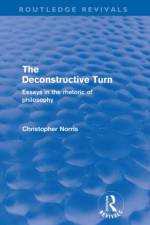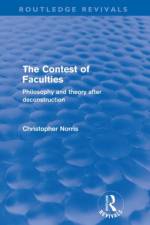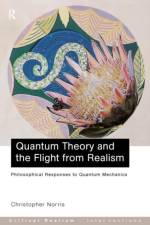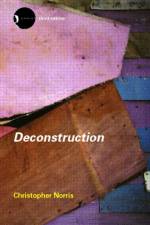av Christopher Norris
329,-
These poems continue Christopher Norris's spirited exploration of the paths by which contemporary poetry might find its way out of the self-enclosed sphere of lyric subjectivity into the larger air of philosophical, ethical, political, scientific, and environmental debate. They do so through a range of formal resources, among them rhyme and meter, which Norris regards as portals of creative-intellectual discovery and not, as free-verse practitioners would have it, artificially cramping constraints. Norris also deploys a great range of stanza forms and verse structures to demonstrate the variety of ways in which technique and prosody can serve not only to emphasize, deepen or qualify a point but to express thoughts and feelings beyond the communicative reach of prose discourse. These aspects of his work are subject to commentary in a concluding essay where Norris talks about his passage from literary theory to philosophy and thence to poetry, although-as the reader will soon discover-without having left those earlier interests behind. Indeed, it is a main concern of this collection to make the case-against dominant post-Romantic or Modernist conceptions-that a poem can justifiably put forward certain ideas, propositions, or hypotheses that ask to be assessed in rational-critical as well as aesthetic or literary-critical terms. Norris is very clear that his kind of formalism is strictly a matter of verse-technique or structure and no part of any larger, doctrinally driven autonomist program, like that of the 'old' New Criticism, that treats poems as purely verbal artifacts self-sealed against any such alien intrusions as history, biography, or the meddlesome prose intellect. These poems are intended as mind-openers whose formal elements are always in the service of a deeper, more lucid, and creative engagement with their diverse topics and concerns.What People Are SayingExploring the relationship between poetry, literary criticism, theory, and philosophy, Norris has the earned authority of an expert in all four fields. Yet there's a disarming playfulness in his engagement with the reader, and he makes complex argument memorably musical by mining the resources of meter and rhyme. Deploying a dazzling array of poetic forms - from villanelle, terza rima and sonnet to ballad and acrostic-this collection is a tour de force of wit, intellect, political verve and musicality: in short, a major achievement. -Lucy Newlyn, author of Reading, Writing, and RomanticismEminent philosophers, or literary theorists, do not usually turn, all of sudden, into fully-formed, metrically-perfect and highly-formalized poets; but that is the trick or magic of Christopher Norris. And in this his latest volume of poetry the magic is all the more magical for often silently becoming the very subject of his poems. Witness talk of William Empson's "late-style change of hats," or James Joyce's Daedalus slipping "the scholar's leash." Here then, juggling his hats as he goes, Scholar Norris is well-and-truly on the run. And, as the Runaway himself writes, "just North of here the games begin."- John Schad, author of Paris Bride: A Modernist LifeAbout the AuthorChristopher Norris is Emeritus Professor of Philosophy at Cardiff University in Wales, where he taught for four decades. He is the author and editor of more than forty books on topics in philosophy, literary theory, politics, music, and the history of ideas. More recently, he has published ten volumes of poetry ranging from lyrics and reflective verse to philosophical verse-essays and political satires. Academically he is best known for his extensive writing on the poet and literary critic William Empson and for his many books and essays on Jacques Derrida and deconstruction.

